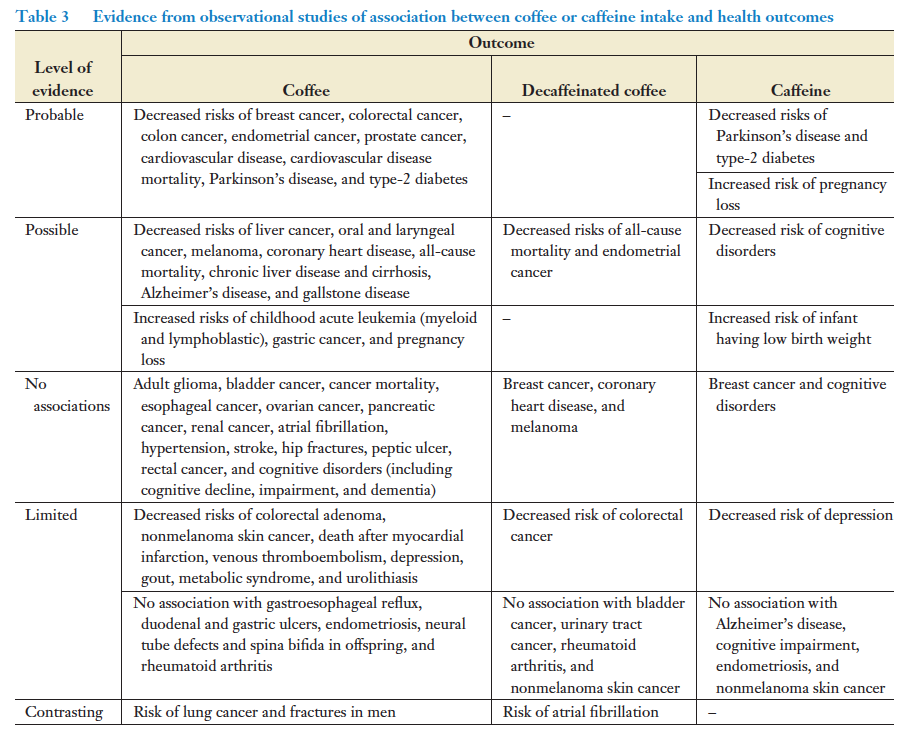Nutrition: A couple of random facts
A couple of random facts to know when following a plant-based diet.
(also suitable for any other diet)
As a vegetarian, I often face random questions about my ‘non-traditional’ diet such as “Where do you get your proteins from?”, “Are you not afraid of lacking any important nutrient?”, or “What do you eat then? grains and seeds?”.
Well, I must say, it is sometimes quite fun to see how people suddenly turn into nutrition experts to tell me how and what I should eat or to what I should pay attention.
But most importantly, these repetitive questions made me realise a few facts:
First, we do not know much about nutrition OR that we think we know things that may not be true.
Second, most nutritional advice does not consider those who follow a non-meat-based diet (a.k.a. a plant-based diet).
Third, in the end, it cannot be harmful to look more carefully at the way we get the basic stuff our body needs to function properly.
Getting more and more interested in essential nutrition, here are some facts that I find interesting to know about (you’ll find references at the end of the post):
Greatly vary your protein sources // Combine vegetables with cereals and/or legumes.
Proteins are essential for your body as they serve different purposes (involved in tissue formation and growth, also a source of energy). Whereas some people may think that animal proteins and plant proteins are identical, the reality is more complicated. Proteins are composed of chains of amino acids, and these chains of amino acids differ according to the type of protein. That is important to consider it because some of those amino acids are essential for our body and only come through food consumption. While animal proteins contain all those essential amino acids, plant proteins lack one or two of those in their chain. However, the good thing is that they do not lack all the same types of amino acids. Therefore, varying your diet with a great variety of vegetables, legumes, cereals, nuts and so on, will allow your body to get all the amino acids it needs.
Should you limit your caffeine intake to one or two cups of coffee/tea per day?
Warning: Caffeine and its effects on our health is a hot topic, and you can find very controversial findings and claims, making it difficult to know what is wrong or not!
Even though caffeine is of great help for digestion and for keeping you alert, it also has side effects.
The caffeine will slow down your body ability to absorb minerals such as iron, magnesium, zinc or calcium. It also increases your blood pressure.
However, it is still challenging to tell whether these various effects could impact your health positively or negatively.
In a recent meta-analysis, several researchers had a look at the many studies investigating the link between coffee consumption and several health outcomes.
To briefly summarise the main conclusions of the study: Various compounds contained in coffee may play different protective roles, thus explaining some positive relations between caffeine and reduced risk of developing some pathologies. Among those positive effects investigated in the meta-analysis, you may find anti-inflammatory properties mediated by potential alteration of the gut microbiota; phytochemicals contained in coffee could play a role in inhibiting oxidative stress and damage, which could play a role in the early process of a normal cell becoming a tumour. To have a more in-depth insight into these potentially beneficial effects, I added to the end of this post a table from the study summarising the empirical evidence between coffee intake and health outcomes, and most importantly, the level of evidence, that is, how robust these observations are.
In the end, it seems that coffee could have beneficial effects, but having a reasonable consumption of coffee cannot hurt! Especially given how precautious one should be when assessing the beneficial effects of any substance!
(NB: talking about coffee, if you prefer decaf I strongly suggest that you check how caffeine was removed: Choose the brands that do not use nasty cleaning solvent ;) )
Quick fact: Positive effects of caffeine in keeping you alert are enhanced when you drink a coffee just before a nap. For a more detailed explanation, have a look at this short youtube video.
After intense sport, allow you a sip of salty water
Salt works for your body’s homeostasis (i.e. its autoregulation). It helps regulate the concentration of our body fluids and is also involved in muscle and nerve function. When you exercise, you sweat and thus lose salt, sometimes a lot, and your body fluids become imbalanced. Drinking salty water will quickly help your body compensate for this fluid loss and will reduce the risk of having cramps due to your body dehydration.
You should be aware that too much salt is bad for your health as it increases the risk of developing cardiovascular diseases.
Consider supplying yourself in iodine.
Mostly found in sea animals and sea plants, and to a lesser extent in dairy products, iodine plays a massive role in thyroid regulation, being a component of thyroid hormones.
Nowadays, table salt is usually enriched with iodine, but not systematically and not everywhere. This measure has dramatically helped to reduce the occurrence of iodine deficiency, which can lead to a delay in body growth, mental disorders, an abnormally functioning thyroid (goitre/enlargement of the thyroid), impacts on the fetus, congenital hypothyroidism.
B12 vitamin
Mostly found in animal products as farm animals are supplemented with B12 in their food, B12 plays a role in the metabolism of every single cell in the human body. It is also involved in the proper functioning of the nervous system.
A lack of B12 can lead to a condition called pernicious anaemia in which you start feeling tired due to the lack of blood cells in your body. More severe symptoms may come after several years of B12 deficiency, and symptoms become worse over time with long-lasting damages.
Some of the typical symptoms of B12 anaemia include neurological disorders (numbness, dizziness, memory problems, difficulty to concentrate), as well as gastro-intestinal dysfunctioning (bowel mobility is altered and so is digestion; inflammatory reactions can occur). As B12 vitamin is also involved in the proper functioning of hormones and neurotransmitters, a lack of B12 can have psychological effects (irritability, mood disorders, sleep issues, depression, among other psychological disorders).
It is essential to be aware of these different symptoms as they can easily be mistaken for other troubles.
An effortless way to prevent such anaemia is to take a B12 supplement or eat food fortified with B12.
Regarding the choice of food supplement frequency, it seems that the body more readily absorbs a daily dose of 100 micrograms than a higher weekly dose.
It is also good to know that different B12 molecules are available: Methylcobalamin (natural), Hydroxycobalamin (natural), Adenosylcobalamin (natural), and Cyanocobalamin (mostly synthetical), as they are not all absorbed the same way by the body.
It seems that methylcobalamin is the one to prefer.
 Grosso, G., Godos, J., Galvano, F., and Giovanucci, E.L. (2017). Coffee, caffeine, and health outcomes: An umbrella review.
Grosso, G., Godos, J., Galvano, F., and Giovanucci, E.L. (2017). Coffee, caffeine, and health outcomes: An umbrella review.
References
-
Proteins: link
-
Caffeine: Grosso, G., Godos, J., Galvano, F., and Giovanucci, E.L. (2017). Coffee, caffeine, and health outcomes: An umbrella review. Annual Review of Nutrition, 37:131-156. https://doi.org/10.1146/annurev-nutr-071816-064941
About the positive effects on alertness: Reyner, L.A. & Horne, J. (1997). Suppression of sleepiness in drivers: Combination of caffeine with a short nap. Psychophysiology, 34(6):721-725. https://doi.org/10.1111/j.1469-8986.1997.tb02148.x
Hayashi, M., Masuda, A., and Hori, T. (2003). The alerting effects of caffeine, bright light and face washing after a short daytime nap. Clinical Neurophysiology, 114(12):2268-2278. https://doi.org/10.1016/S1388-2457(03)00255-4 -
Iodine: Zimmermann, M.B., Jooste, P.L., and Pandav, C.S. (2008). Iodine-deficiency disorders. Lancet 372:1251-1262 link ;
Iodine requirement (EU recommendation): PDF file -
B12 availability: Watanabe F.(2007). Vitamin B12 sources and bioavailability. Experimental Biology and Medicine 232(10):1266-1274. link ;
About the different types of B12: link



Leave a Comment